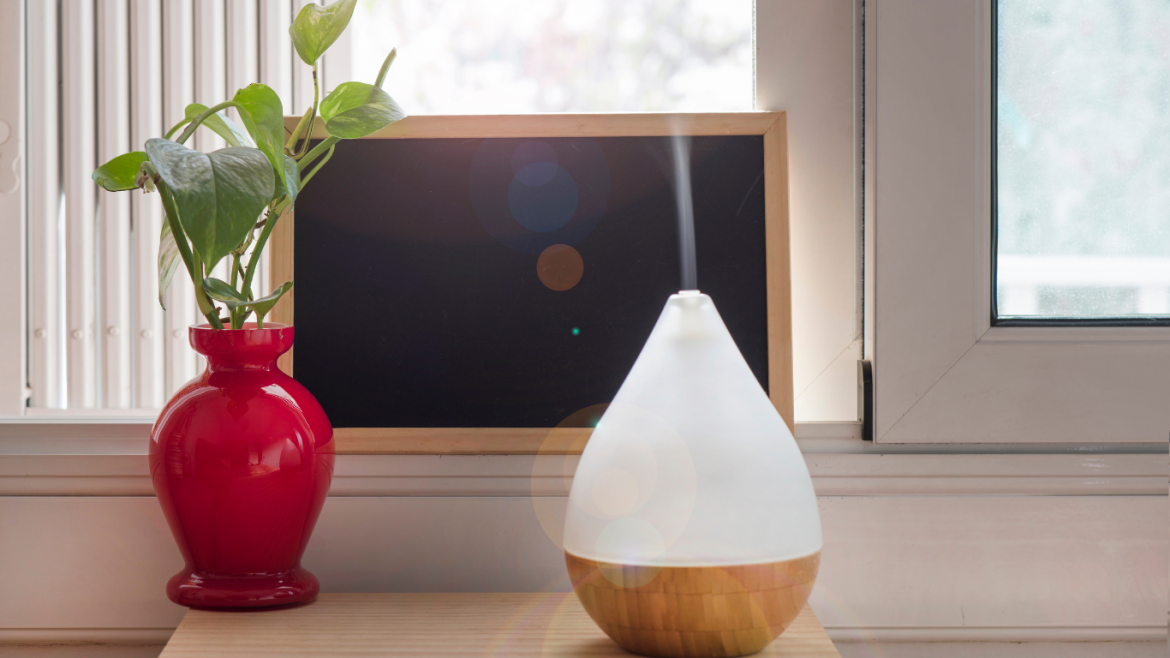You’ve probably wandered around your favourite home decor shop and spotted the abundance of air purifiers now available to us. And, if you’re anything like us, you’ve probably picked up a box and thought “Do I really need one?” With all the alleged benefits, the answer might be yes.
But – that’s not necessarily true. There are a few cons to these nifty devices and cheaper, natural alternatives. Take a look.
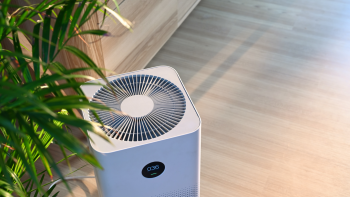
Canva Stock Images
The pros of air purifiers
Air purifiers come with a host of benefits, especially for those who suffer from allergies, asthma, or other respiratory issues.
Allergen reduction
Air purifiers are designed to filter out common allergens such as dust, pollen, pet dander, and mould spores. This can be a game-changer for allergy sufferers, helping to reduce symptoms and improve overall comfort.
Odor elimination
Whether it’s cooking smells, pet odours, or smoke, air purifiers can help neutralize unpleasant odours, leaving your home smelling fresh and clean.
Improved air quality
High-efficiency particulate air (HEPA) filters can capture particles as small as 0.3 microns, including some bacteria and viruses. This means cleaner air, which can be especially beneficial during flu season or in households with vulnerable individuals.
Peace of mind
Knowing that your air is being actively cleaned can provide peace of mind, particularly if you live in an area with high pollution levels or have health concerns.

Canva Stock Images
The cons of air purifiers
While air purifiers offer many benefits, they also come with some drawbacks.
Cost
High-quality air purifiers can be expensive, and they often require regular replacement of filters, which adds to the ongoing cost.
Maintenance
Keeping an air purifier effective requires regular maintenance. Filters need to be changed periodically, and the units themselves must be cleaned to prevent mould and bacteria buildup.
Noise
Some air purifiers can be noisy, which might be a nuisance in quiet spaces like bedrooms or home offices.
Limited scope
Air purifiers are typically only effective in the room they are placed in. To purify the air throughout an entire home, you would need multiple units, which can be impractical and costly.
Natural alternatives to air purifiers
If you’re looking for ways to improve your indoor air quality without investing in an air purifier, there are several natural alternatives to consider.
Houseplants
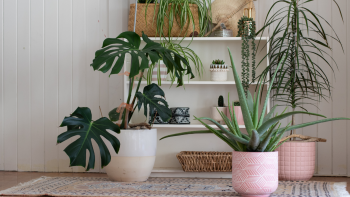
Canva Stock Images
Certain houseplants can help filter toxins from the air naturally. Plants like spider plants, peace lilies, and snake plants are known for their air-purifying qualities. Not only do they help clean the air, but they also add a touch of greenery to your home.
Essential oils
Diffusing essential oils like eucalyptus, lavender, or tea tree can help purify the air. These oils have natural antibacterial and antiviral properties, making them a great addition to your air-cleaning routine.
Candles
Beeswax candles can help improve air quality by releasing negative ions when burned, which can help neutralize pollutants and allergens. Avoid paraffin candles, as they can release harmful chemicals.
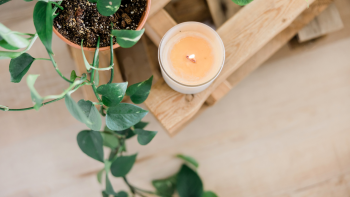
Canva Stock Images
Ventilation
Simply opening windows and doors to allow fresh air to circulate can significantly improve indoor air quality. This helps to dilute indoor pollutants and bring in clean air from outside.
Regular cleaning
Dusting and vacuuming regularly can reduce the amount of dust and allergens in your home. Using a vacuum with a HEPA filter can further help capture small particles that might otherwise be missed.
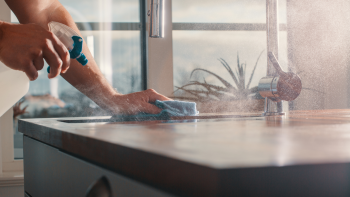
Canva Stock Images
So, do you really need an air purifier?
The answer depends on your individual needs and circumstances. If you suffer from allergies or respiratory issues, an air purifier could be a worthwhile investment to help improve your quality of life. However, if you’re looking for a more budget-friendly or natural approach, there are plenty of alternatives that can help you breathe easier.
ALSO SEE:
Featured Image: Canva Stock Images

